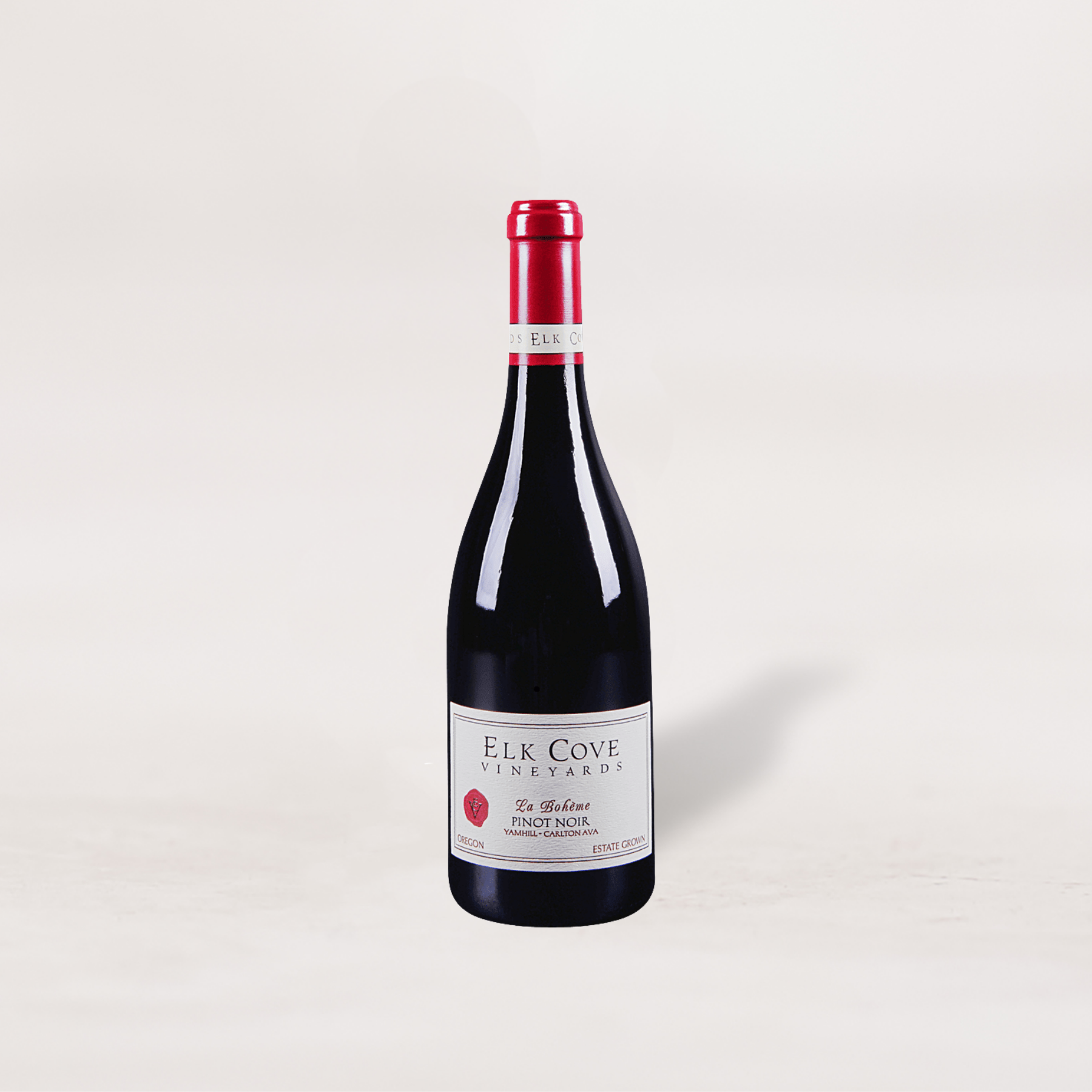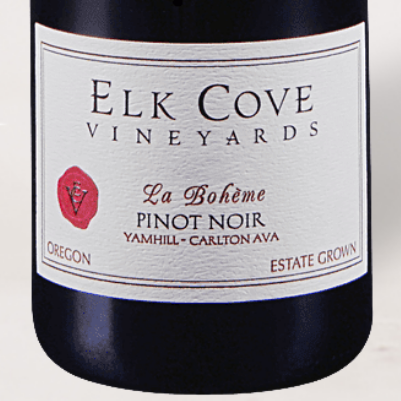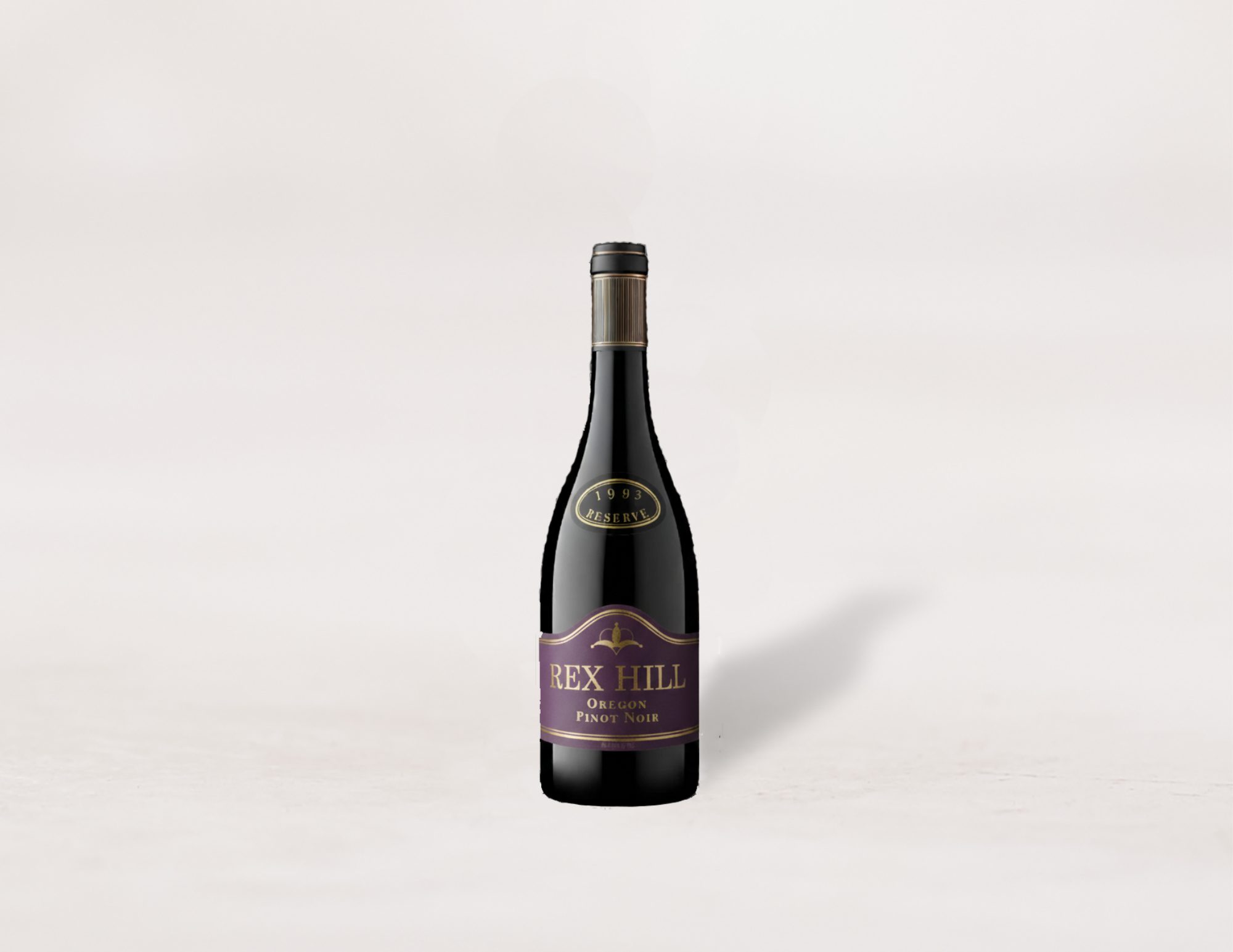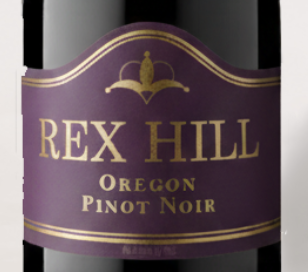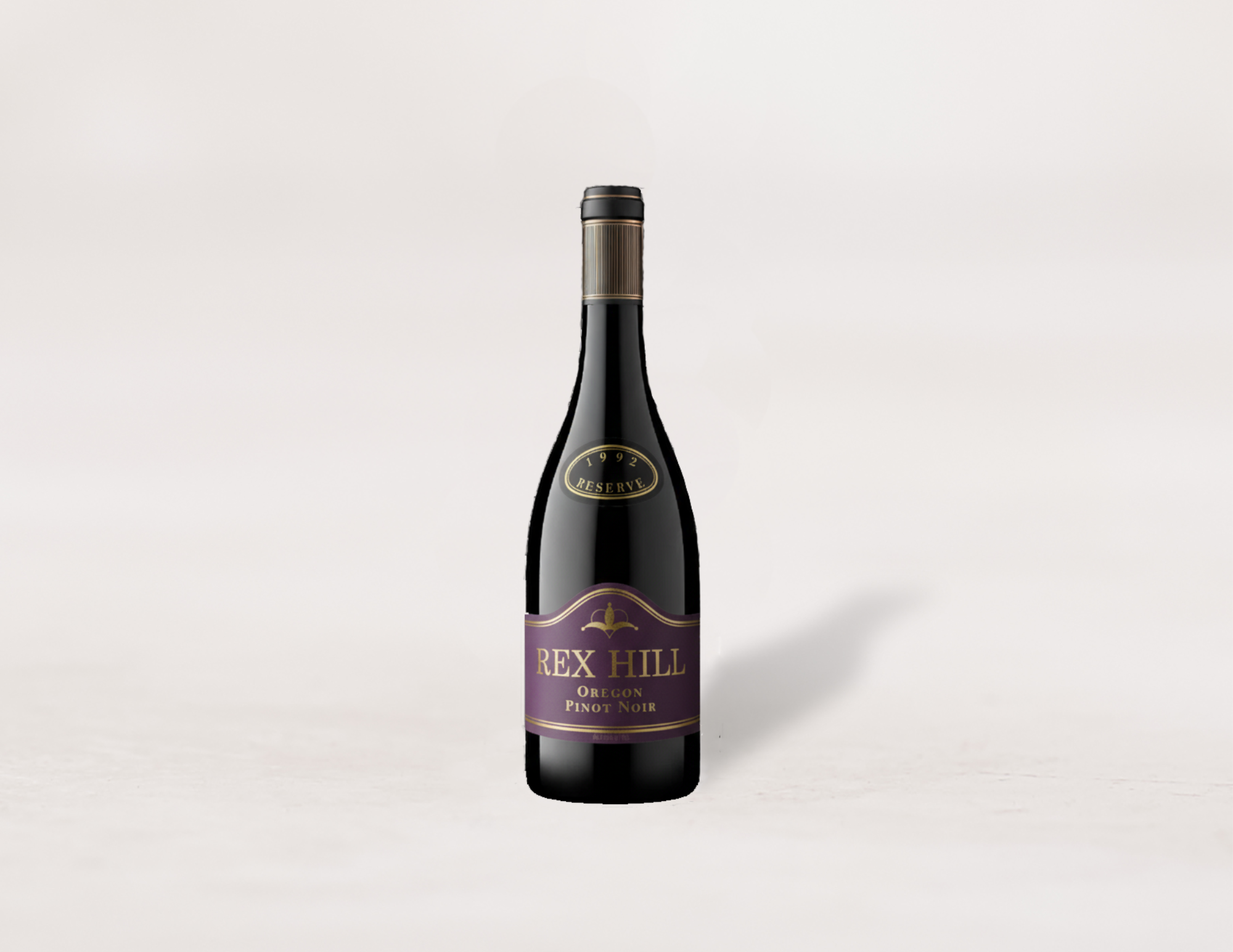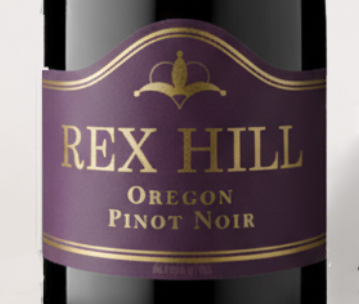Just when I thought that Sancerre was completely out of surprises, a bottle of Domaine Sautereau was placed in my hands. Somehow I’d never tasted the fruits of David Sautereau’s labor, but it became quickly clear that this was among the most textbook, classy, and classic iterations of this famous white wine that I’ve encountered in a long time. Turns out David’s family have been vigneron in Sancerre going back 10 generations; to say that he knows these vines like the back of his hand is the complete truth. He relishes tradition, but also innovation, having been certified organic a few years ago. This is Sancerre of impeccable pedigree and soaring, complex minerality–and yet somehow it manages to remain very affordable. Time to stock up!
Generational knowledge is a real thing. True, there are plenty of raw talents out there who are making delicious wine and started completely from scratch, but when it comes to coaxing the very best fruit from land that has been planted to vines for hundreds of years, you can’t replace the connection that comes from growing up with your hands in the literal soil. David Sautereau has some serious generational knowledge: His family and ancestors have been farming grapes and making wine in the village of Crézancy-en-Sancerre since 1683. The terroir of Sancerre is essentially in his blood. The intimate familiarity he has with his vines allows him to adapt deftly to any challenges that a vintage can throw at him–something that is very useful in this era of a rapidly changing climate. Most importantly, David knows precisely when it’s time to harvest, and this leads to impeccably balanced wines, no matter what the growing season has in store.
The Sautereau clan are based in Crézancy, but have expanded holdings into nearby Bué and the main town of Sancerre too. Their terroir is a mix of Kimmeridgian, “Caillotes,” and “Terres Blanche,” which are all three types of limestone mixed with clay marls, and results in elegant, almost Burgundian Sauvignon Blanc. Farming has always been the most important part of winemaking for Domaine Sautereau, but David has taken the estate to new heights of vineyard management and organic farming. The vineyards were all certified organic a few years ago, something that is still quite rare in a region that has a hard time letting go of its post WWII industrial practices.
Sancerre that is grown almost exclusively on limestone, and then made by a talented, low touch winemaker like David, does not hit you over the head with intense aromatics and artificially amped up pyrazines. Instead this beauty is elegant, graceful, precise, and almost effortlessly drinkable. Serve it nice and cool in an all-purpose stem and you’ll be treated to subtle, complex notes of white plums, grapefruit pith, candied lemon, green mango, citrus blossom, jasmine, sea salt, and a hint of serrano pepper. It’s a versatile wine for food pairings, going perfectly with almost any fresh seafood, sashimi, curry, summer salads, and of course anything with goat cheese. If you are the type of person to keep a few bottles of Sancerre on hand at all times (I highly recommend it!) you should look no further than Domaine Sautereau.


